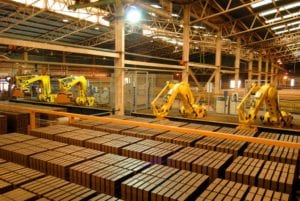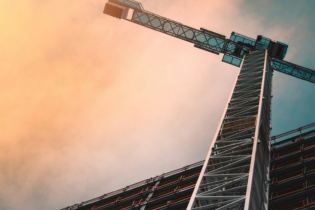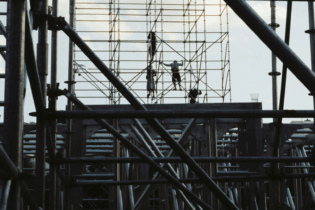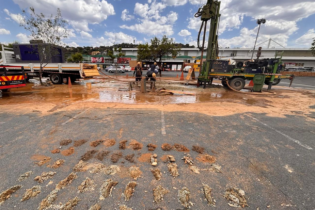South African brick manufacturer, Corobrik, is planning to embark on a multi-billion rand investment roll out aimed at growing its business and developing new markets over the next five to six years.
Dirk Meyer, the chief executive of Corobrik, says the lion’s share of the initial R1 billion allocated during 2017/8 will go towards a R800 million mega factory that will be built alongside its existing Driefontein factory in Gauteng. It is due to be commissioned in 2020. This is the largest project of its kind underway worldwide at present and will deliver a face brick factory that is the biggest and most environmentally friendly in Africa. He says this is likely to be followed by another mega factory on the East Rand and expansion in KwaZulu-Natal and the Western Cape within the next five to six years.Zero waste facility
Meyer says the new Driefontein facility will produce around 100 million bricks per year and use only a third of the energy currently used by its predecessor. The new, sophisticated kilns will be fully automated. Once the new facility is fully operational, the obsolete older facility will be shut down and demolished. In addition, the new operation will produce zero waste. Meyer adds that the new Driefontein facility will follow in the footsteps of the Rietvlei facility which Corobrik developed into its first mega factory.







